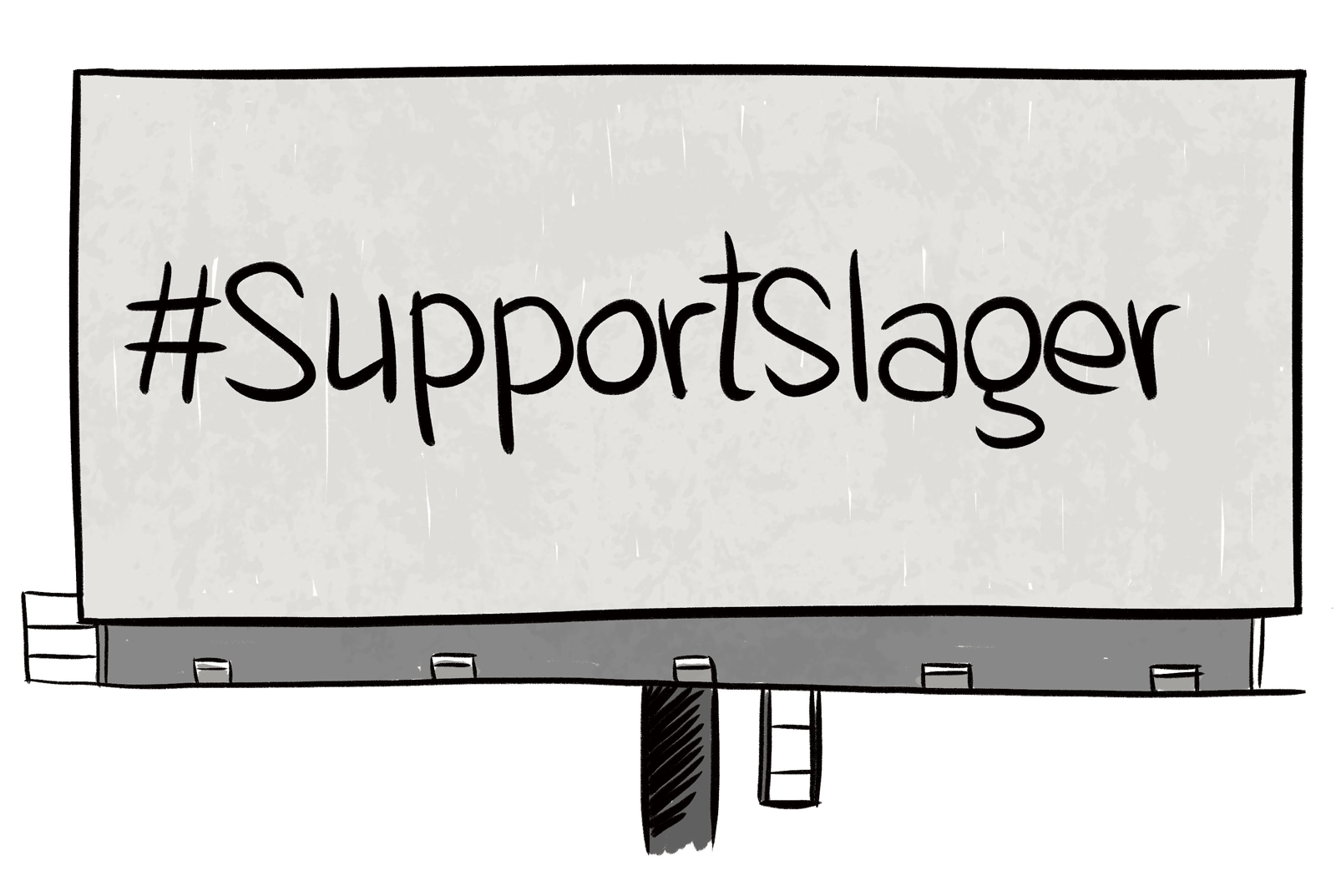When crowdfunding first debuted, it appeared as a kind of revolution. Instead of funding large companies and institutions, users could directly fund the people, organizations, and causes in which they believed, less a 10 to 15 percent fee. Crowdfunding platforms use a kind of insurgent language in an age of waning institutional power: “independent,” “passion,” “direct connections,” “power to the people.” What courage, what subversion.
But a platform is a platform—it cannot survive on platitudes alone. Over the last year, crowdfunding sites including GoFundMe and Indiegogo have raised money for both police officers accused of murder and activist groups organizing against police accused of murder. It may be galling, but it’s business. And for the first time, it has forced those platforms to truly consider their company ethic, if only in service to their public #brands.
Even when we know well that a platform is a platform, that a company is a company, we are often uniquely outraged at tech for its ambivalent political dalliances. No matter the platform’s billions and tax-dodging foreign accounts, we want to believe that technology is still a truly disruptive, revolutionary, righteous force. But regardless of the anti-establishment politics these institutions may espouse, nearly all tech companies are savvy, equal opportunity political supporters and donors, which send big money to both sides of the aisle and enjoy the resulting big benefits.
Unlike a store that posts a “We Love Police” banner in its front window, crowdfunding platforms maintain some plausible deniability. They’re just an innocent, profit-seeking platform, after all; they take fees, not sides. And to a great extent, that’s very true.
“I think the practice of crowdfunding is revolutionary, but not the big companies that make up the for-profit crowdfunding industry,” says Bhavik Lathia, an organizer at a racial justice nonprofit who ran aggressive campaigns on social media targeting GoFundMe and Indiegogo. “They want to connect people and reduce the barriers to fundraising, sure, but only as long as they get to take a cut. And it’s not just about keeping their lights on—it’s about maximizing profits in a competitive marketplace.”
Last year, Lathia used social media to lobby against GoFundMe, which hosted a support fund for Ferguson, Missouri, police officer Darren Wilson, who shot and killed teenager Michael Brown in August. Lathia even went so far as to buy a #DontFundHate billboard outside the company’s offices in San Diego. As a result of activist pressure, GoFundMe ultimately donated its profits from Wilson’s and all other Ferguson-related campaigns to the Ferguson-Florissant School District.

Earlier this month, GoFundMe rejected a funding campaign for South Carolina police officer Michael Slager, who was filmed shooting and killing Walter Scott, and then lying about it. “It was clear that GoFundMe remembered my campaign,” Lathia says. When the fund moved to IndieGoGo, so did Lathia’s campaign. The site initially approved the fund, but then quickly removed it, citing a violation of terms of service. “I had a good conversation with [Indiegogo’s] head of comms and we’ll be meeting with their CEO in the coming weeks to discuss their policies,” Lathia says. “I’m keeping my fingers crossed and looking forward to a productive dialogue.”
Crowdfunding still maintains the illusion of being anti-establishment by nature. But there is no intrinsic ethical framework for asking people to give you money. Virtuous people do it, and evil people do it too. The companies that make their money this way are still companies, first and foremost.
If the cash were sweet enough, GoFundMe and Indiegogo wouldn’t mind a little Twitter blowback about hosting these questionable campaigns. But fundraising for killer cops has apparently not proven to be an effective enough profit model for these platforms. On the other hand, if a socially responsible ethic can draw enough funds and resulting fees from progressive causes, tech companies could actually push the innovative, anti-establishment revolution of which they already claim to be the vanguard—though it will be in the pursuit of profits, not justice.
“My experience tells me that these companies will stay on the sidelines and claim neutrality unless we push them to get involved and take a stand,” Lathia says. “So when we see them doing something unjust, it is our responsibility, as the public, to raise an uproar—often using the same platforms that we’re critiquing.”
The Crooked Valley is an illustrated series exploring the systems of privilege and inequality that perpetuate tech’s culture of bad ideas.





